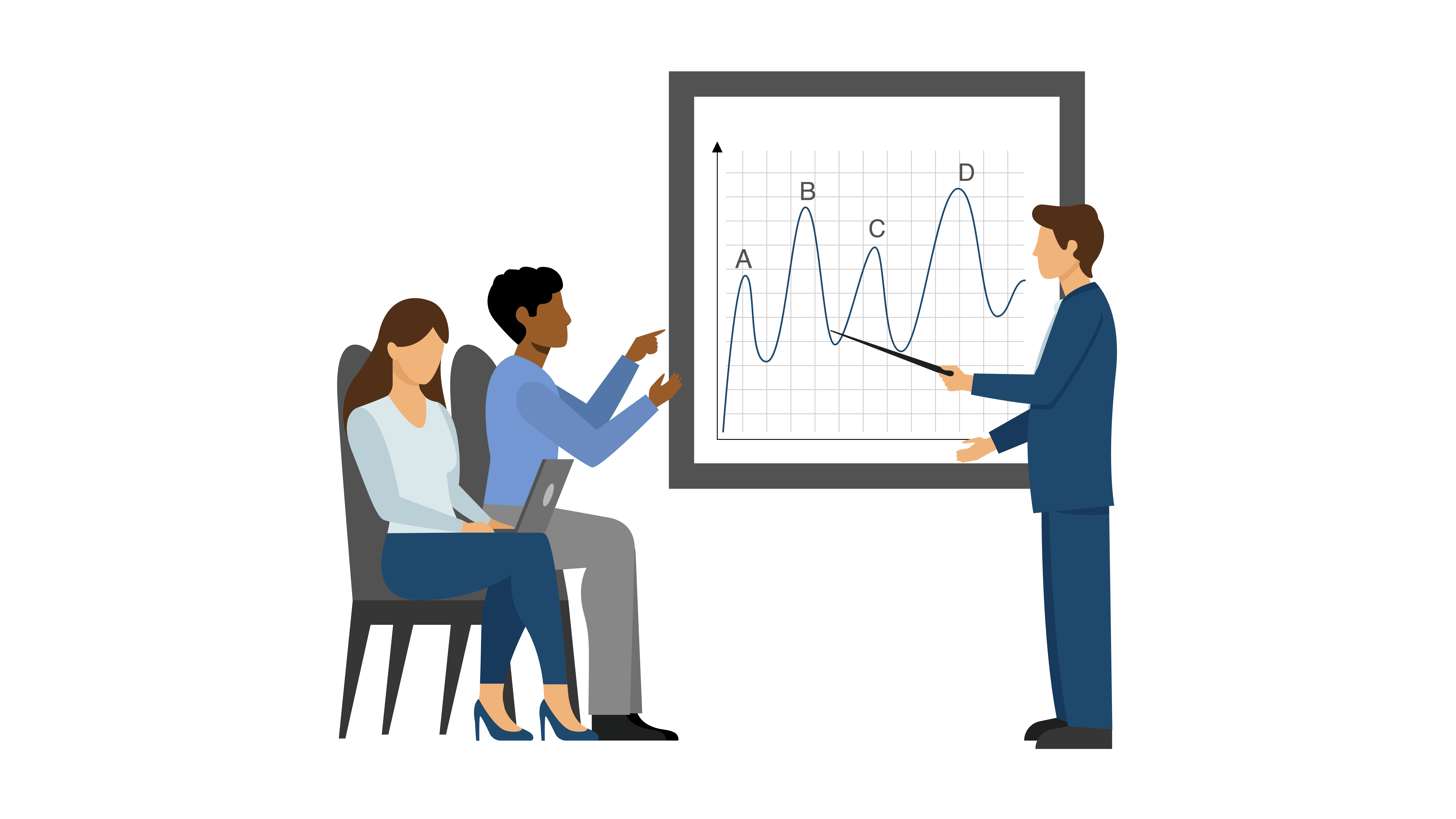Featured
Modern businesses need a central place to store customer data platforms (CDPs). It is a crucial tool. The software tools provide more precise and comprehensive understanding of the customers, that can be utilized for targeted marketing and customized customer experience. CDPs have a range of functions that include data management, data quality and data formatting. This ensures that customers are compliant regarding how their data is stored, used, and accessed. With the capability of pulling data from various APIs as well, a CDP additionally allows companies to place customers at the heart of their marketing campaigns as well as improve their operations and engage their customers. This article will highlight the benefits of CDPs for businesses.
customer data platform
Understanding CDPs: A client data platform (CDP) is a software that allows companies to collect data, store and manage data about customers in one central place. This allows for more accurate and complete view of the customer. This is used to create targeted marketing and more personalized experiences for customers.
-
Data Governance Data Governance: One of the most important advantages of a CDP is its capability to classify, protect and regulate information being incorporated. This involves profiling, division and cleansing of the data. This helps ensure compliance with data laws and regulations.
-
Data Quality: Another important aspect of CDPs is to ensure that the data that is obtained is of the highest quality. This involves ensuring that the data is correctly entered and meets desired specifications for quality. This will reduce the need for storage, transformation, and cleaning.
-
Data Formatting is a CDP is also utilized to ensure that data adheres to a predefined format. This permits data types like dates to be matched to customer data, and also ensures consistency and logic in data entry. customer data platforms
-
Data Segmentation Data Segmentation: A CDP can also allow for the segmentation of customer information in order to better understand different customer groups. This lets you test different groups against one another to determine the right sample distribution.
-
Compliance The CDP lets organizations handle customer data in a legally compliant way. It permits you to define safe policies and classify information in line with the policies. You can even detect the violation of policies when making decisions about marketing.
-
Platform Selection: There is an array of CDPs available, and it is essential to understand your requirements before selecting the most suitable one. Be aware of features like security and the capability to extract data from other APIs. customer data platform
-
Put the customer at the Center Making the Customer the Main Focus CDP lets you integrate of real-time, real-time customer information, giving the immediacy, accuracy and unison that every marketing staff needs to enhance their processes and engage their customers.
-
Chat, Billing , and more: A CDP allows you to discover the context of great discussions, regardless of whether you're looking at billable or previous chats.
-
CMOs and big Data: 61% of CMOs feel they're not using enough big data, according to the CMO Council. The 360-degree view of customers that is provided by a CDP is a great approach to address this issue and help improve marketing and customer interaction.
With so numerous different kinds of marketing technology out there every one usually with its own three-letter acronym you may wonder where CDPs originate from. Even though CDPs are amongst today's most popular marketing tools, they're not an entirely brand-new concept. Rather, they're the most recent step in the development of how marketers handle customer data and customer relationships (Cdp Product).

For many marketers, the single greatest worth of a CDP is its capability to segment audiences. With the abilities of a CDP, online marketers can see how a single customer interacts with their company's various brand names, and recognize chances for increased personalization and cross-selling. Obviously, there's a lot more to a CDP than division.
Beyond audience segmentation, there are 3 big reasons why your business might desire a CDP: suppression, personalization, and insights. One of the most fascinating things online marketers can do with data is determine customers to not target. This is called suppression, and it's part of providing truly personalized client journeys (Cdp Product). When a client's combined profile in your CDP includes their marketing and purchase information, you can suppress advertisements to consumers who have actually currently made a purchase.

With a view of every consumer's marketing interactions connected to ecommerce information, website gos to, and more, everyone throughout marketing, sales, service, and all your other groups has the possibility to comprehend more about each client and provide more personalized, pertinent engagement. CDPs can help online marketers resolve the root causes of a number of their greatest day-to-day marketing problems (Cdp Meaning).
When your information is disconnected, it's harder to understand your clients and develop meaningful connections with them. As the number of data sources used by online marketers continues to increase, it's more crucial than ever to have a CDP as a single source of truth to bring everything together.
An engagement CDP utilizes consumer data to power real-time personalization and engagement for customers on digital platforms, such as sites and mobile apps. Insights CDPs and engagement CDPs comprise the majority of the CDP market today. Really couple of CDPs consist of both of these functions equally. To choose a CDP, your business's stakeholders ought to consider whether an insights CDP or an engagement CDP would be best for your needs, and research study the few CDP alternatives that consist of both. Customer Data Platforms.
Redpoint GlobalLatest Posts
The Role of CDPs in Combining Data from Multiple Sources
CDPs and the Role of Data Governance in Reducing Risk
CDPs and the Role of Data Segmentation in Marketing